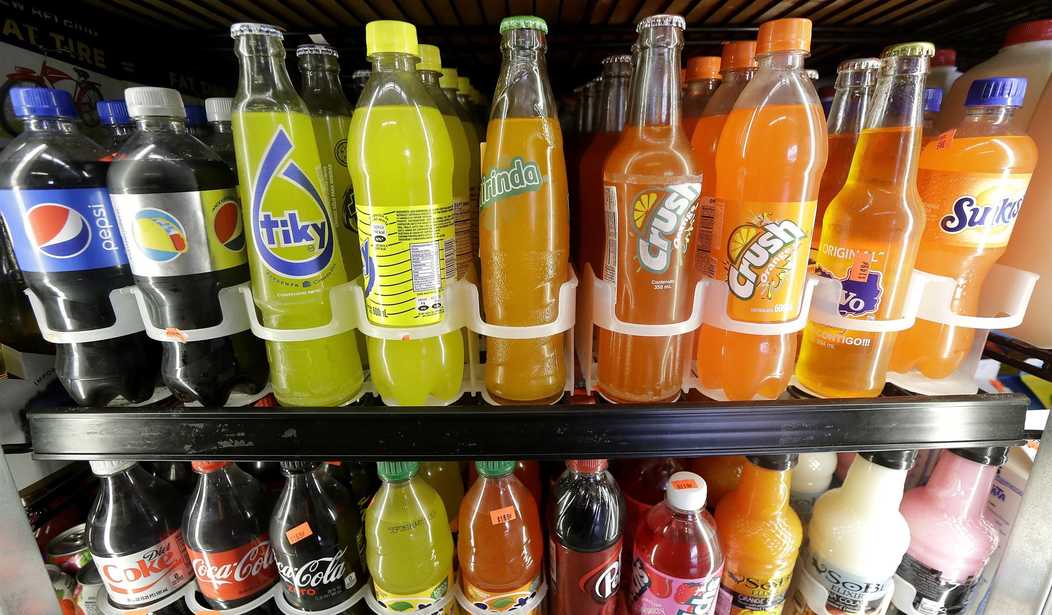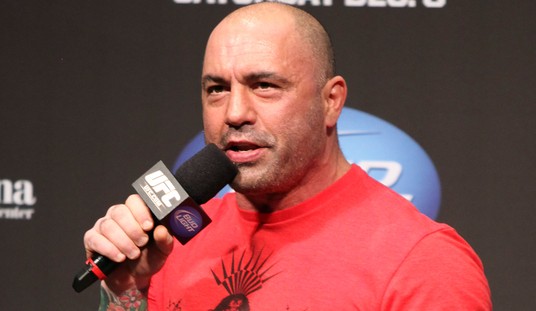Congress’ list of legislative “to-dos” this year includes finally addressing the reauthorization of the Farm Bill, a massive legislative package that includes support for millions of low-income families. The 2023 bill has been delayed into this new year. Given the delay and the importance of the law, Congress would be wise to avoid stuffing pet projects into the process.
Some members of Congress, led by Sen. Marco Rubio (R-Fla.), mistakenly believe that using the Farm Bill to restrict consumers’ grocery choices will fix our nation’s obesity crisis.
The chosen scheme would use the Supplemental Nutrition Assistance Program (SNAP), the principal method used to administer aid that helps lower-income families buy food, providing a chance for millions of these families to rise above the poverty level.
Last year, Rubio introduced the Healthy SNAP Act. If enacted, this bill would effectively ban the use of food stamps for the purchase of any soft drink or treat under SNAP. While some are hailing this as a way to curb obesity, it would misplace blame on a handful of products rather than bad habits. And would do so at a considerable cost.
This is certainly not the first time that some have chosen to rely on nanny state provisions. Lawmakers on the political left have long used such measures to go after products they simply don’t like.
Instead of focusing on productive policies that would actually lower obesity rates, lawmakers find it easier to insert the federal government between American consumers and the products they choose.
The nanny-state approach establishes a slippery slope where lawmakers would continuously propose prohibitions on grocery items they disfavor for an ever-widening number of reasons. Today, the target may be treats or occasional snacks, but down the road politically disfavored products could include red meat, whole milk, or farmed fish. Such bans in future SNAP regulations would discriminate against families in the unenviable position of needing government help to pay for their groceries. But certainly, that socio-economic group is only the initial target.
Recommended
Embracing this path would be an especially sad irony for Republicans, who until recently claimed to be the party of individual liberty and limited government. For certain voting demographics—Hispanics, for example, it is precisely those principles that have caused some movement away from Democrats in certain areas of the country. Abandoning those principles will certainly have consequences—as of 2016, SNAP supported nearly 10 million Latinos, including 1.2 million children. One practical matter for Sen. Rubio might be a look at his own constituents. In Florida, nearly 310,000 families rely on SNAP benefits.
The task of discerning which food products will be in the crosshairs—and communicating it to the retailer—will land on all taxpayers in the form of higher administrative costs to SNAP, and not merely at the federal level. While the federal government pays for SNAP’s food assistance cost, federal and state governments evenly split the administrative expenses.
Retailers, and thus all consumers, will also face higher costs. Tens of thousands of grocery store items would have to be categorized by their eligibility status under SNAP, with changes to existing systems and data. This would be a cycle with no end, given that about 20,000 new food and beverage products are introduced each year and the new set of government guidelines are handed down every five years (the lifespan of every Farm Bill).
In terms of the policy itself, even taking politicians’ purported intentions about addressing obesity at face value does not hold water.
Former medical professor Dr. Jonathan Ellen summed up the best way to approach obesity: “Research shows that balance and moderation, not deprivation and prohibition, properly orient our brains to make nutritious choices that, compounded over time, help keep our bodies healthy and strong for as long as possible.” Ellen goes on to say that “the public health goal should be to encourage balanced living, including properly fueling our bodies, staying active, and prioritizing our emotion well-being.”
The proper prescription goes beyond the limits of what might be the practical scope of government policy, but that is precisely the point for those who truly wish to address obesity. Relying on the federal government to stick a band aid on a real problem by falsely blaming all products in a certain category and limiting consumer choice is not the answer.
The supposed benefits of the Healthy SNAP Act are illusory. Families receiving SNAP deserve options as much as any other family and can make decisions for themselves without nanny state intervention. Congress should be focused on more important issues and an approach to obesity that will work, not categorically vilifying certain food products or restricting consumer choice.
Mario H. Lopez is president of the Hispanic Leadership Fund, a public policy advocacy organization that promotes liberty, opportunity and prosperity for all Americans.

























Join the conversation as a VIP Member